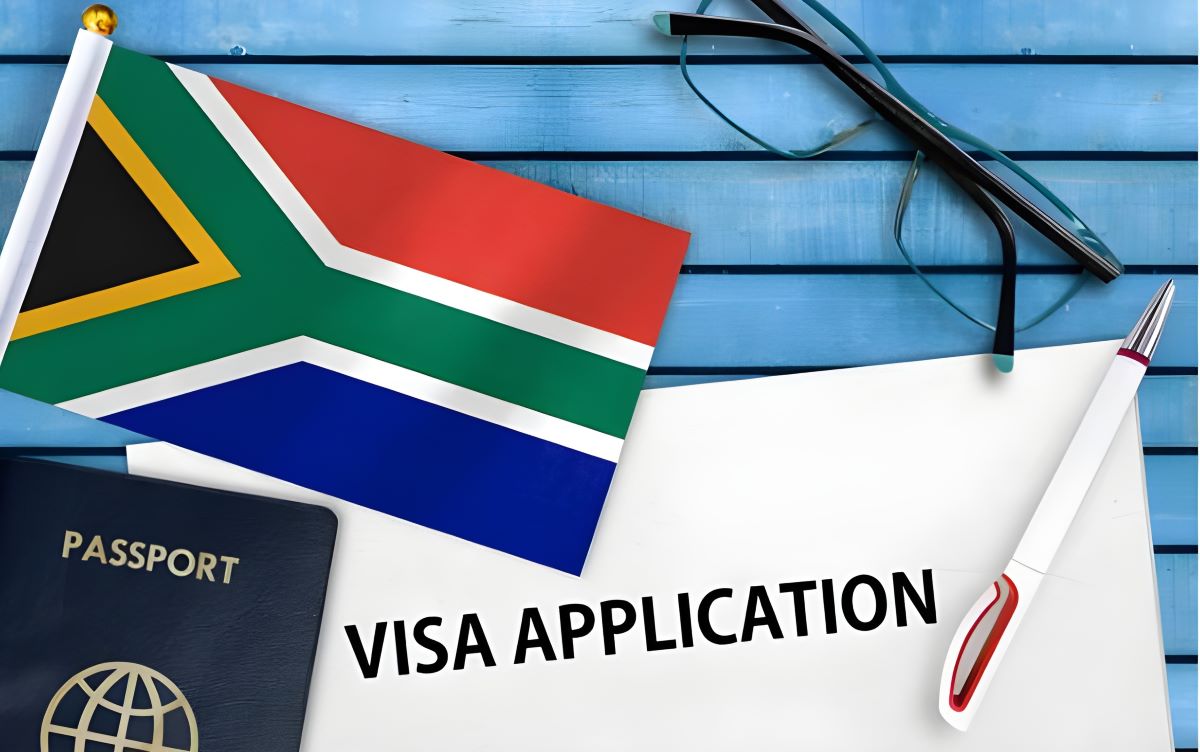Click here to join now
South Africa is set to introduce a points-based visa system aimed at making it easier for skilled workers to enter the country. The new system will allow individuals with specific qualifications to become automatically eligible for work visas, aiming to attract global talent and boost the country’s economic growth. The plan is part of a broader reform of South Africa’s immigration policies, which also includes the introduction of a remote work visa and the digitalization of the visa application process.
Reform Goals and Visa System Changes
The upcoming reforms were announced by Home Affairs Minister Leon Schreiber, who emphasized that the changes are intended to modernize the country’s visa system and reduce delays in processing. The new points-based system will prioritize applicants with certain skills and qualifications, making the application process more streamlined and efficient. Schreiber highlighted that this approach would attract much-needed expertise to various sectors of the South African economy.
Additionally, South Africa plans to introduce a remote work visa to appeal to professionals who can work from anywhere in the world. This move is expected to draw a more diverse pool of international talent, particularly those who wish to experience living in South Africa while working remotely.
Also read How to write a cover letter for Canadian Tourist Visa?
In a bid to further ease the application process, Schreiber has committed to digitizing the current paper-based visa system over the next five years. The goal is to minimize fraud and bias by reducing human intervention in visa processing. This shift toward a more digital process is expected to speed up application timelines, making South Africa a more attractive destination for skilled workers.
Addressing Criticisms and Backlogs
The new visa reforms mark a departure from South Africa’s previous immigration policies, which have faced criticism for being overly restrictive and sometimes xenophobic. Foreign nationals with job offers in the country often faced long delays, sometimes waiting months or even years for visa approval without clear reasons for rejection. The new system aims to address these issues by creating a more transparent and efficient process, particularly for those with qualifications that align with the country’s needs.
At the same time, tourists from Western countries have traditionally received visas on arrival without much hassle, while visitors from countries like China and India have faced stricter requirements. The introduction of the Trusted Tour Operator Scheme (TTOS) next year aims to simplify visa processes for travelers from these countries, which have high tourism potential. In 2023, South Africa received only 93,000 Chinese tourists, a fraction of the over 100 million outbound trips taken by Chinese citizens. The TTOS seeks to improve this number by easing entry requirements for Chinese and Indian tourists.
Also read How to apply for study permit extension from inside Canada?
Progress in Clearing Visa Backlogs
Upon taking office in July, Minister Schreiber inherited a significant backlog of unprocessed visa applications—an issue that has persisted for over a decade. At that time, there were around 306,000 unprocessed visa applications. However, efforts to address this issue have been underway, with Schreiber’s team managing to clear about 62% of the pending applications through additional resources and overtime work. Earlier in May, South Africa had reported a backlog of 92,157 visa applications, with the largest categories being spousal and minor child relative visas.
The digitalization initiative, along with the new points-based system and remote work visa, is expected to prevent such backlogs from accumulating in the future. The reforms aim to make South Africa’s visa processing more efficient, thereby supporting the government’s broader goals of attracting skilled professionals, increasing tourism, and boosting the economy.
Attracting Tech Talent and Economic Growth
As part of the new immigration policy, South Africa has also recently approved legislation for a digital nomad visa. This visa is designed to attract tech professionals and other remote workers, further diversifying the country’s talent pool. The law is particularly aimed at tapping into the growing market of digital nomads who seek flexible working conditions and the opportunity to live and work in new environments.
Minister Schreiber emphasized the importance of these reforms, noting that attracting skilled workers, tourists, and investment is key to reviving the country’s economy in the short term. With these new visa policies, South Africa aims to position itself as a more welcoming destination for both talent and tourists, thereby fostering economic growth and innovation.
Also read US Grants Visa-Free Entry to Qataris Under New Waiver Program
By modernizing its visa regime, South Africa hopes to turn the tide on previous criticisms and open its doors to a wider array of skilled professionals and tourists, making the country a more dynamic player in the global economy.

